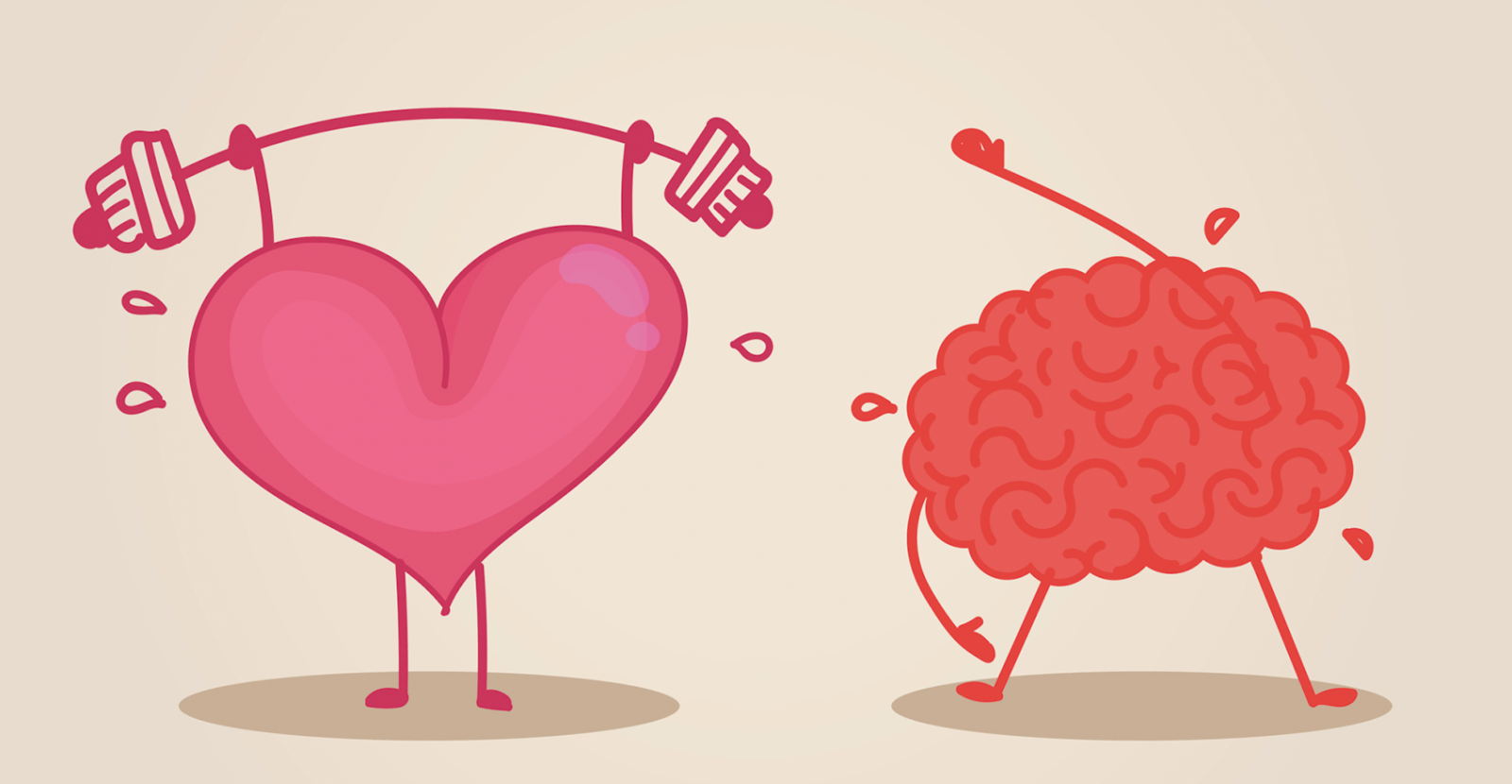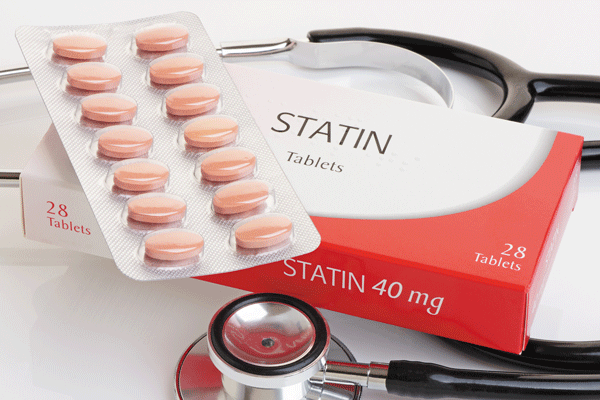
Avocado nutrition: Health benefits and easy recipes

Swimming lessons save lives: What parents should know

Preventing and treating iliotibial (IT) band syndrome: Tips for pain-free movement

Wildfires: How to cope when smoke affects air quality and health

What can magnesium do for you and how much do you need?

Dry socket: Preventing and treating a painful condition that can occur after tooth extraction

What happens during sleep �� and how to improve it

How is metastatic prostate cancer detected and treated in men over 70?

Could biofeedback help your migraines?

What is autism spectrum disorder?
Heart Health Archive
Articles
Too old for a stent?
Image: Thinkstock
Ask the Doctor
Q: I recently turned 86 and my angina is getting worse, even though I'm taking several different medications for it. Am I too old to have an angioplasty and a stent?
A: Not necessarily. During an angioplasty, a doctor threads a thin tube into a heart blood vessel and inserts a tiny mesh scaffold (called a stent) to keep the vessel open and restore blood flow. This can often improve chest pain, or angina. However, many studies of angioplasty haven't included large numbers of people over 80. That's primarily because older people tend to have more health problems than their younger counterparts, so including more elderly people in a study could skew the results.
A stronger heart may help keep your brain young
New findings link cardiovascular fitness to better thinking skills and memory in older people.
Image: Thinkstock
Exercise that speeds up your heart rate and breathing keeps your heart and blood better cardiovascular fitness to a sharper brain is providing new clues about this heart-mind connection.
"It's not just about delivering more oxygen to the brain, although that's part of it," says Dr. John Ratey, associate clinical professor of psychiatry at Harvard Medical School and author of Spark: The Revolutionary New Science of Exercise and the Brain. Having a fit, healthy cardiovascular system also protects against vascular dementia, which happens when blood vessels feeding the brain are blocked or narrowed, leading to memory problems and other cognitive trouble.
Cancer survivors may face cardiovascular complications
Even the newer, targeted cancer therapies may harm the heart.
Image: Bigstock
About 14 million people in the United States are living with cancer, a number that reflects the steady rise in cancer survivorship in recent decades. In 1980, only about half of people with cancer lived five years after diagnosis. Today, five-year cancer survival rates are greater than 70%.
Unfortunately, many cancer-suppressing treatments can have undesirable effects on the heart and blood vessels. The increasing awareness of these effects—coupled with the surge of older people being diagnosed with and surviving cancer—has spurred a new specialty known as cardio-oncology. Experts in this burgeoning field focus on promoting heart health in people with cancer, both during and after their treatment.
Caffeine unlikely to trigger palpitations in healthy people
Drinking caffeinated coffee or tea may help you feel more awake and alert. But for healthy people, it probably won't cause —a noticeably strong, fast, or irregular heart beat. That's according to a new study of nearly 1,400 older adults in the Jan. 26, 2016, Journal of the American Heart Association.
Researchers relied on data from food questionnaires and Holter monitors, which recorded each participant's heart rhythm for a 24-hour period. About 60% of the people in the study said they consumed more than one caffeinated product (coffee, tea, or chocolate) a day. People who consumed more of those products were no more likely to have palpitations than those who imbibed less, the authors found.
The benefits of positive thinking after a heart attack
Image: Thinkstock
A heart attack or unstable angina (sudden chest pain that happens at rest) usually requires a hospital stay. After such events—which doctors call acute coronary syndromes—about one in five people ends up back in the hospital with heart disease or dies in the following year. But there's a bright side: new research suggests that survivors with an optimistic attitude are less likely to be readmitted to the hospital with heart problems.
The study, published in the January 2016 Circulation: Cardiovascular Quality and Outcomes, included 164 people, mostly men, who were hospitalized for acute coronary syndromes. Two weeks after the event, they filled out questionnaires designed to measure their sense of optimism and gratitude.
Put your heart in the right place
Cardiac rehabilitation can speed recovery from heart-related surgery and lower the risk of heart attack and stroke.
Image: Canstock
Cardiac rehab programs are designed for patients who have recovered from a recent heart attack or heart failure, or who have undergone surgery for a heart valve, coronary artery bypass, pacemaker, or stent. They are also helpful for people diagnosed as having a high risk for cardiovascular disease.
"Patients often do well in the programs, and they definitely can improve recovery and future heart health," says Dr. Pradeep Natarajan, a cardiologist with Harvard-affiliated Massachusetts General Hospital. "Yet, many providers don't offer rehab, and most patients don't know about it."
Straight talk about oral health
Healthy teeth and gums can protect against tooth loss, gum disease, and even heart disease.
Image: Thinkstock
If you want a snapshot of your current and future health, then open wide. "The condition of your teeth and gums can often show warning signs of serious issues, from potential tooth loss to possible cardiovascular disease and cancer," says Dr. Lisa Simon, instructor in oral health policy and epidemiology at the Harvard School of Dental Medicine.
Tooth decay and gum disease
The main issue with oral health is tooth decay, which strikes 90% of all adults, and gum disease, which affects approximately 40% of those ages 65 or older, says the Academy of Nutrition and Dietetics. Gum disease—infection of the gums and surrounding tissues—develops when plaque, a sticky film of bacteria, builds up along and under the gum line.
Men's hearts age differently from women's
Here is one more way men and women are different: research published online Oct. 20, 2015 in Radiology found that male and female hearts do not age the same way.
For the study, researchers reviewed MRI heart scans performed on almost 3,000 older adults, ages 54 to 94, without existing heart disease. (Scans were given 10 years apart.) The scans showed that in both sexes, the main heart chamber—the left ventricle, which fills with and then forces out blood—gets smaller with time. As a result, less blood enters the heart, and less gets pumped out to the rest of the body.
Why you may need a statin
Although risk calculators disagree, at some point age becomes the deciding factor in the decision to take a cholesterol-lowering medication.
Image: Thinkstock
If you've been diligent about monitoring your risk factors for developing heart disease, you may have realized that online calculators can be helpful. If you have the results from your latest cholesterol test, these online calculators can compute your chance of having a heart attack or stroke in the next decade:
Framingham Risk Calculator
ACC/AHA Heart Risk Calculator
Reynolds Risk Score
However, each may give you a slightly different number. And while the Framingham calculator might indicate that your risk is low and therefore you don't need a cholesterol-lowering statin drug, the ACC/AHA calculator could indicate that you should be taking a statin to reduce your risk.
Atrial fibrillation carries a greater risk of stroke and death for women
Men are more likely than women to develop atrial fibrillation (afib)—a rapid, erratic beat in which the heart's upper chamber doesn't contract forcefully, allowing blood to pool and increasing the risk of clotting. However, some—but not all—studies have indicated that afib poses a greater stroke risk in women than in men. To settle the question, an international team of researchers looked at 30 studies with 4.4 million participants. They found that compared with men who have afib, women with afib have a 12% higher risk of death from all causes and almost double the risk of having a stroke or dying from one. The results were published online Jan. 20, 2016, by the journal BMJ.
Women notoriously neglect the symptoms of afib—feeling weak, breathless, or unusually fatigued. If you have afib symptoms, get medical attention, even if you think it's only a virus. There are several successful treatments for afib as well as for preventing stroke in women who have afib.

Avocado nutrition: Health benefits and easy recipes

Swimming lessons save lives: What parents should know

Preventing and treating iliotibial (IT) band syndrome: Tips for pain-free movement

Wildfires: How to cope when smoke affects air quality and health

What can magnesium do for you and how much do you need?

Dry socket: Preventing and treating a painful condition that can occur after tooth extraction

What happens during sleep �� and how to improve it

How is metastatic prostate cancer detected and treated in men over 70?

Could biofeedback help your migraines?

What is autism spectrum disorder?
Free Healthbeat Signup
Get the latest in health news delivered to your inbox!
Sign Up









